China will continue to be one of the most dynamic economies in the world, making great contributions to the global economy and providing irresistible development opportunities to high-tech companies from developed countries, a senior economist and political adviser said.
Justin Yifu Lin, a member of the Standing Committee of the Chinese People's Political Consultative Conference National Committee and vice-chairman of the Committee on Economic Affairs of the CPPCC National Committee, said China's potential annual growth rate in the coming decade could be 8 percent or higher.
The Chinese economy can grow by 5 percent to 5.5 percent this year, Lin, who is also dean of Peking University's Institute of New Structural Economics, said during an interview.
"China will still be the most dynamic growing economy, make the most contribution to global growth, and provide a driving force for global growth and stability," he said, rebutting views that China will never catch up with the United States in terms of economic scale.
The former senior vice-president and chief economist of the World Bank also said that China's growth will be an opportunity not only for China, but also for the world.
China is expected to further deepen reform, reduce investment barriers and improve infrastructure to make investment and economic operations more effective, he said.
"As long as China maintains dynamic economic growth, and as long as China continues to open up its market, I think that most companies, and most nations, will not have the incentive to restrict their access to the Chinese market," Lin said.
To achieve technological breakthroughs, high-tech companies need to invest generously in research and development, he said, but if they are not highly profitable, they cannot continue to invest large amounts in R&D — which would likely see them relinquish market leadership. How profitable they can be depends on the size of the market, he added.
China has the largest market in the high-tech sector, and if high-tech companies cannot export their products and technologies to China's huge market while their competitors can, their market shares will likely be captured by competitors, he said.
Lin said that as the global economy slows down, China's exports are under pressure, causing difficulties to private enterprises, the pillar of China's export sector. Under such circumstances, it would be desirable for the government to adopt more proactive countercyclical fiscal expansion, as well as monetary expansion, to provide more support for domestic investment and consumption, he said.
He suggested the government invest in areas that private enterprises might not be interested in, such as basic research, green infrastructure and skills training, to promote technological innovations and industrial upgrades.
Speaking on the aging issue in China, Lin said it is unnecessary to feel pessimistic. The number of working people is not as important as how effectively they provide their labor input, which largely depends on their education, and statistics indicated that China's effective labor input is, in general, on the rise.
Data released by the National Bureau of Statistics on Friday showed that China's nonmanufacturing activity expanded at a faster pace last month, with the nonmanufacturing purchasing managers index coming in at 51.4, up from 50.7 a month earlier.








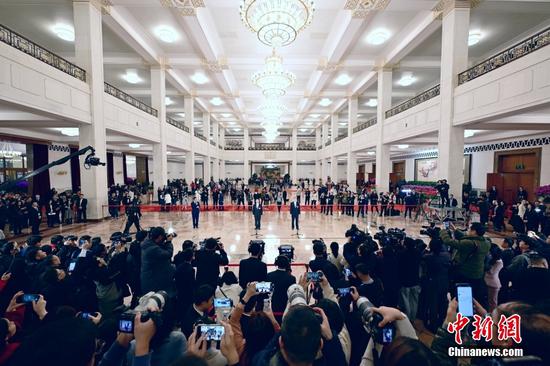
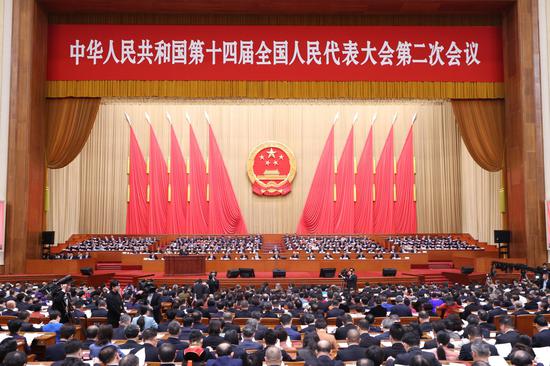

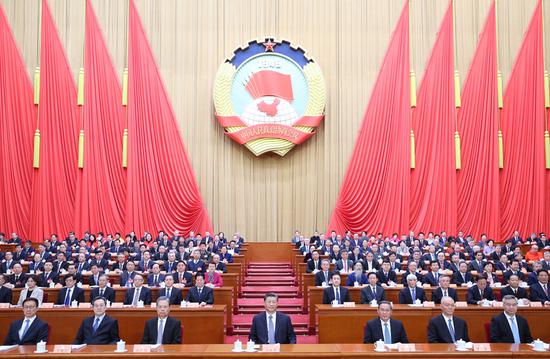
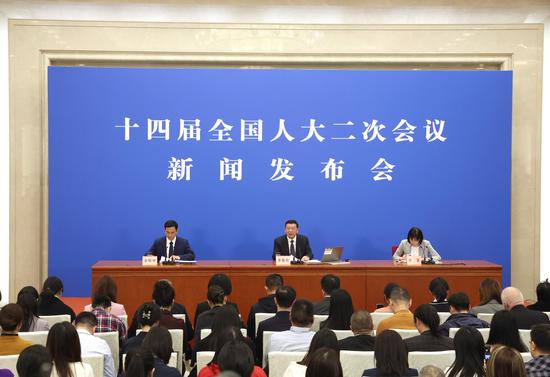
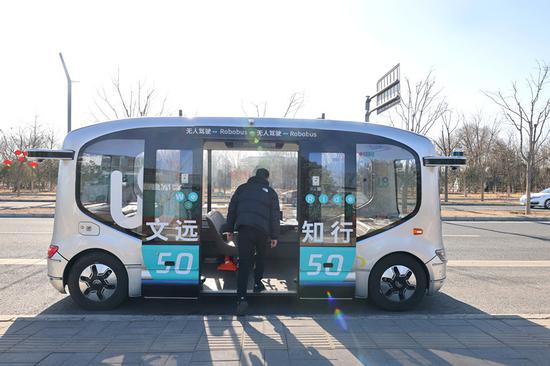
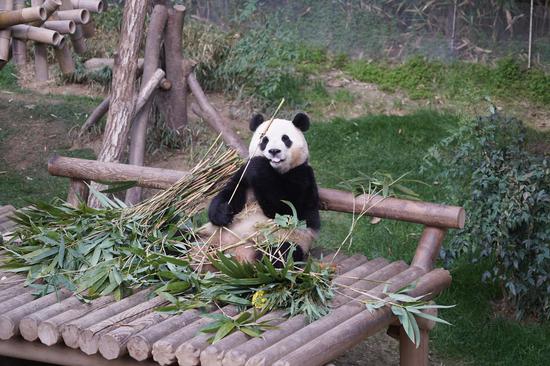


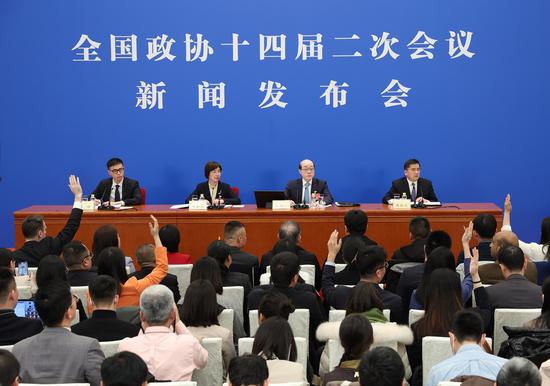



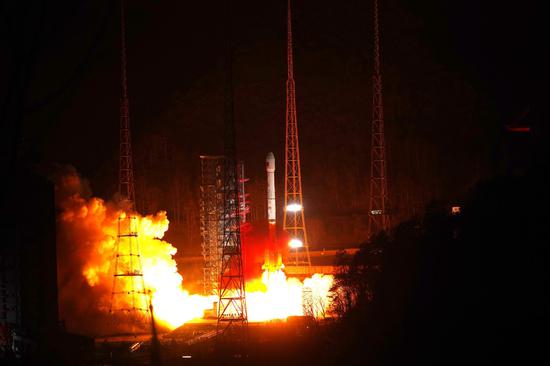
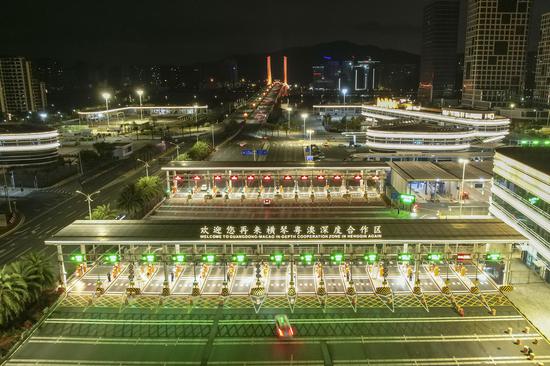







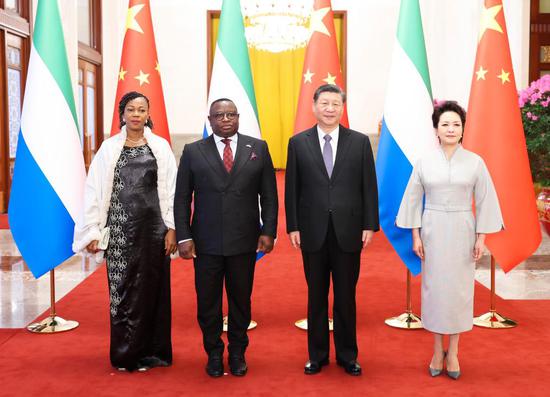

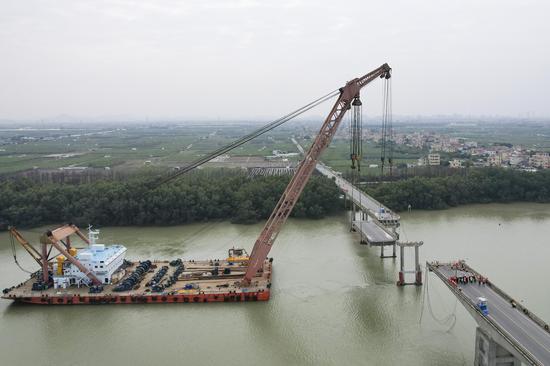
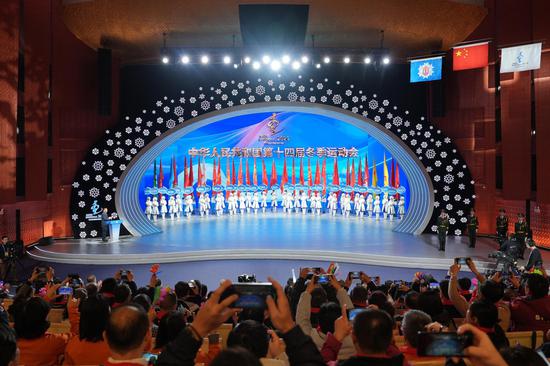


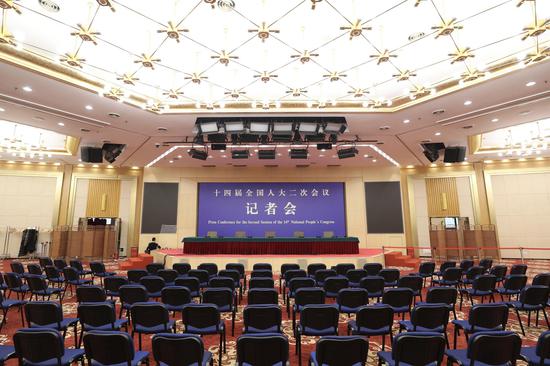
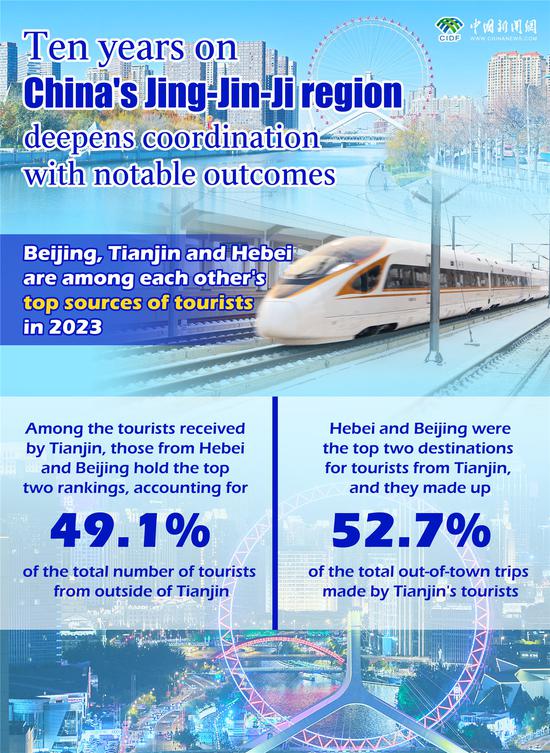
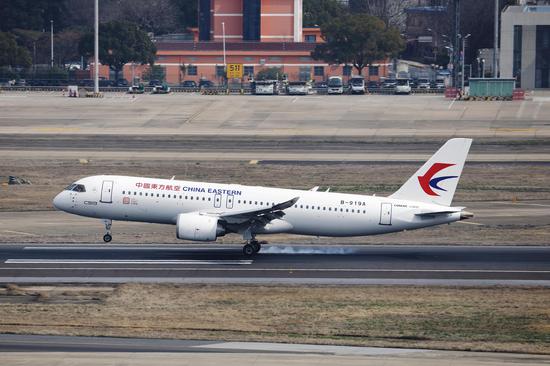



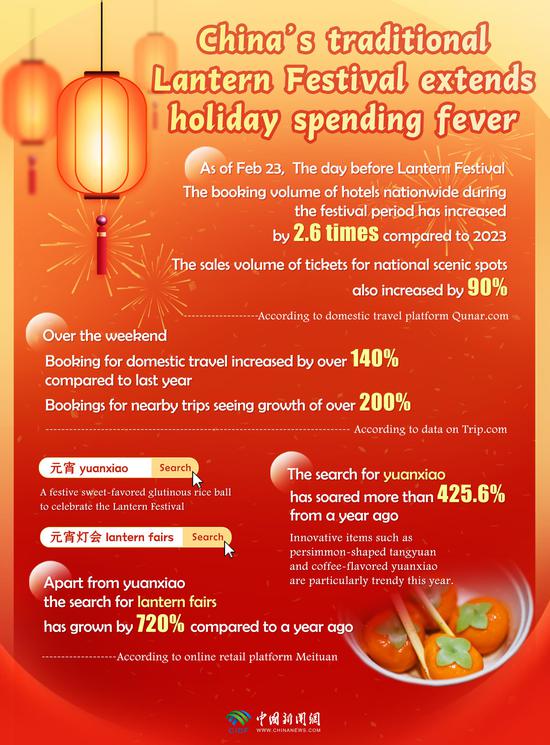







 京公网安备 11010202009201号
京公网安备 11010202009201号